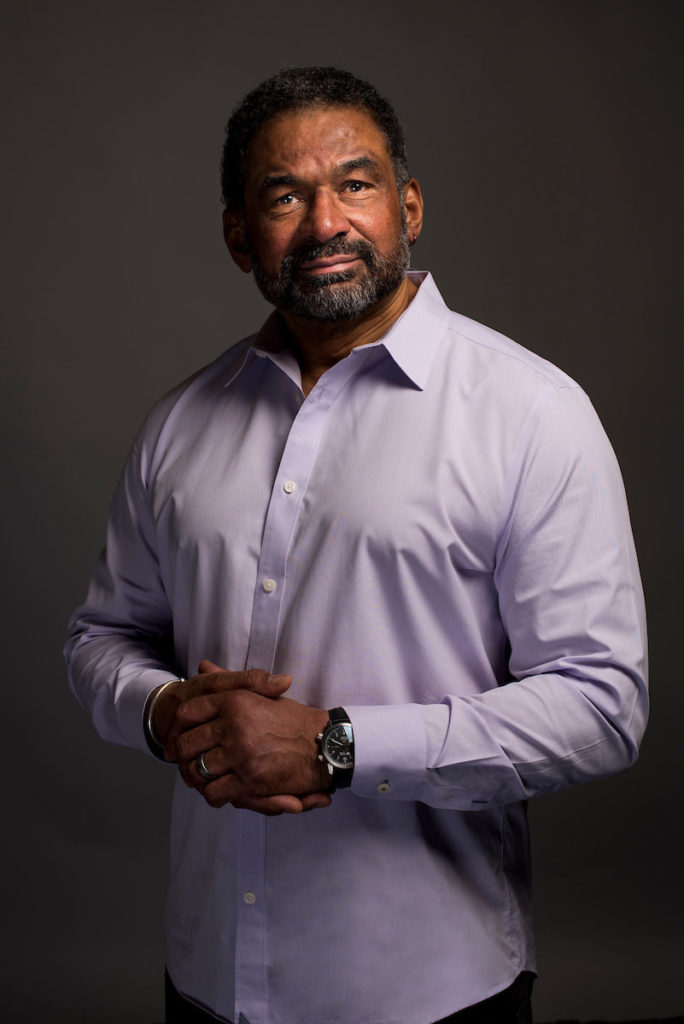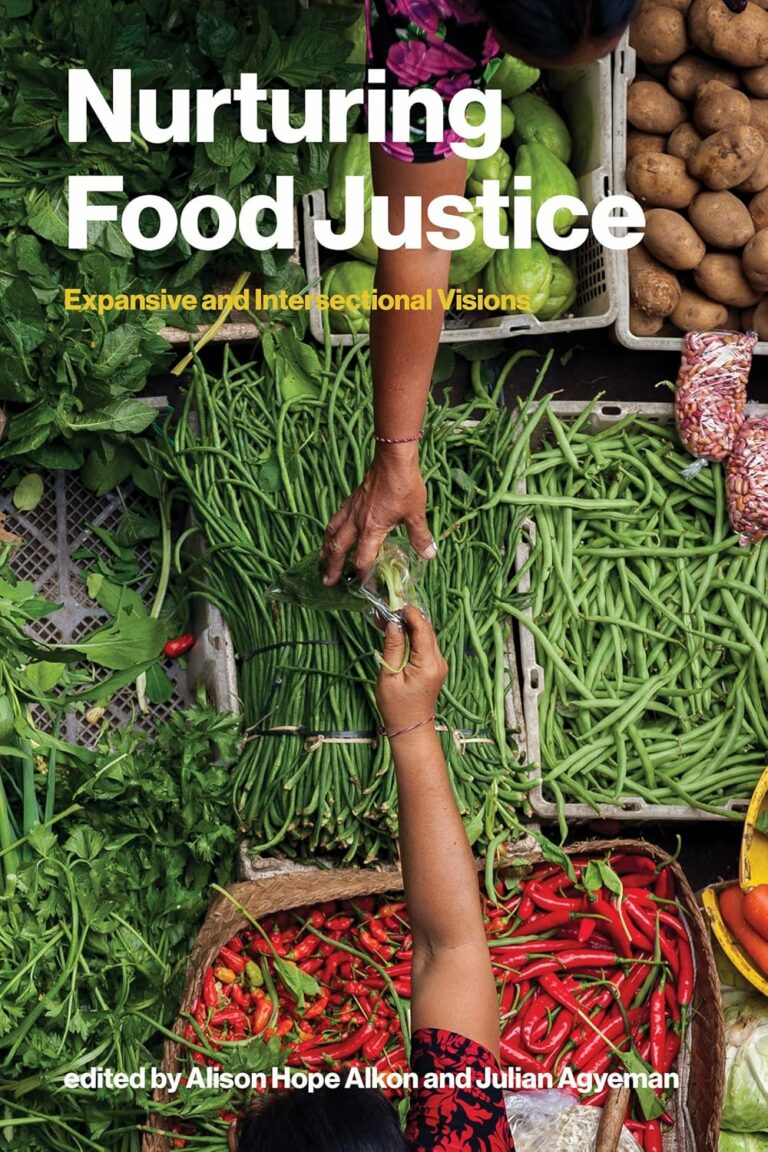Bio
Background
Julian Agyeman Ph.D. FRSA FRGS is a Professor in the Department Urban and Environmental Policy and Planning, a Secondary Professor at The Friedman School of Nutrition Science and Policy, and is Fletcher Professor of Rhetoric and Debate, an endowed professorship at Tufts University.
In the early 2000s, with colleagues, he developed the increasingly influential concept of just sustainabilities, which explores the intersecting goals of social justice, equity and environmental sustainability, defined as:
the need to ensure a better quality of life for all, now, and into the future, in a just and equitable manner, whilst living within the limits of supporting ecosystems.
Born and trained in the UK, he holds a B.Sc. in Geography and Botany, with a minor in Anthropology (University of Durham, 1980), a Post Graduate Certificate in Education in Geography and Environmental Studies (University of Newcastle-upon-Tyne, 1982), an MA in Conservation Policy (Middlesex University, 1987) and a Ph.D. in Urban Studies (University of London, 1996).

His combined science and social science background, together with extensive experience in local government, consulting, working for, and board-level advising of NGOs and community-based organizations in the UK and US, helps frame his perspectives, research and writing. This enables him to thrive at the borders and intersections of a wide range of disciplines, knowledges and methodologies which he uses in creative and original ways.
Research
He identifies himself as a critical urban planning and environmental social science scholar. He centers his research on critical explorations of the complex and embodied relations between humans and the urban environment, whether mediated by governments or social movement organizations, and their effects on public policy and planning processes and outcomes, particularly in relation to notions of justice and equity.
He believes that what our cities can become (sustainable, smart, sharing and resilient) and who is allowed to belong in them (recognition of difference, diversity, and a right to the city) are fundamentally and inextricably interlinked.
We must therefore act on both belonging and becoming, together, using just sustainabilities as the anchor, or face deepening spatial and social inequities and inequalities.
His key research contributions are in:
Just sustainabilities in policy, planning and practice;
Environmental and food justice;
Antiracist panning in, and for intercultural cities;
Planning in, and for co-produced and sharing cities.
Writing
With over 175 publications, he is the author, co-author or co-editor of 14 books, including:
Sole authored
Agyeman, J (2013) Introducing Just Sustainabilities: Policy, Planning and Practice. (Zed Books).
Agyeman, J (2005) Sustainable Communities and the Challenge of Environmental Justice (NYU Press).
Co-authored
Fitzgerald, J and Agyeman, J (manuscript in preparation) Cities and the Struggle for Climate Justice (Under contract, Oxford University Press)
McLaren D and Agyeman, J (2015) Sharing Cities: A Case for Truly Smart and Sustainable Cities (MIT Press)
Co-edited
Alkon, A and Agyeman, J (eds) (2026) Nurturing Food Justice: Expansive and Intersectional Visions. (MIT Press)
Engle, J, Agyeman J and Chung-Tiam-Fook, T (eds) (2022) Sacred Civics: Building Seven Generation Cities (Routledge).
Agyeman, J and Giacalone, S (eds) (2020) The Immigrant-Food Nexus: Borders, Labor, and Identity in North America (MIT Press)
Agyeman, J, Matthews, C and Sobel H (eds) (2017) Food Trucks, Cultural Identity and Social Justice: From Loncheras to Lobsta Love (MIT Press)
Zavestoski, S and Agyeman, J (eds) (2014) Incomplete Streets: Processes, Practices and Possibilities (Routledge)
Alkon, A and Agyeman, J (eds) (2011) Cultivating Food Justice : Race, Class and Sustainability (MIT Press).
Carmin, J and Agyeman, J (eds) (2011) Environmental Inequalities Beyond Borders: Local Perspectives on Global Injustices (MIT Press).
Agyeman, J and Ogneva-Himmelberger, Y (eds) (2009) Environmental Justice and Sustainability in the Former Soviet Union (MIT Press).
Agyeman, J, Cole, P, Haluza-DeLay, R, and O’Riley P (eds) (2009) Speaking for Ourselves. Environmental Justice in Canada (The University of British Columbia Press).
Neal S and Agyeman, J (eds) (2006) The New Countryside? Ethnicity, Nation and Exclusion in Contemporary Rural Britain (The Policy Press/Bristol University Press).
Agyeman, J, Bullard, R, Evans, B (eds) (2003) Just Sustainabilities: Development in an Unequal World (MIT Press).
Impact
Worldwide, he is recognized as a public intellectual, an innovator and thought leader. His Google Scholar citations highlight the (academic) impacts of his peer reviewed work which have placed him in the top 10 most highly cited urban planning academics in the USA and Canada.
His wide-ranging and influential journal articles include Mind the Gap: Why do people act environmentally and what are the barriers to pro-environmental behavior? (2002), the single most highly cited journal article by an urban planning academic in North America.
In addition to its theoretical contributions, Mind the Gap continues to have great practical impact around the world, influencing policy development by leading think-tanks such as the National Bureau of Economic Research, the Stockholm Environment Institute, the German Institute of Development and Sustainability, The Brookings Institution, and the Economic and Social Research Institute: governments such as the USA, Canada, Australia, New Zealand, UK, Scotland, France, Denmark and Ireland, as well as regional/global entities such as the European Union, the European Parliament, the European Environment Agency, the Organisation for Economic Cooperation and Development, the United Nations Environment Program, the United Nations Development Programme, and the UN Food And Agriculture Organization, among others.
Complementing his academic writing, he publishes regularly in popular, quality media such as The Guardian, The Boston Globe, TIME and The Conversation.
Service
Julian was co-founder in 1988, and chair until 1994, of the Black Environment Network (BEN), the first environmental justice-based organization of its kind in Britain. He is a Founding Senior Advisor/Thought Leader at PlacemakingX, chair of the international academic critical friends network of the Centre for Joined-up Sustainability Transformations (JUST), (University of Manchester, UK), a member of the External Advisory Board of the Boston University Initiative on Cities, a member of the Academic Board of the Centre for the Study of Places (KTH Stockholm, Sweden) and is chair of the Advisory Board of Shareable (San Francisco, USA). He also sits is on the Advisory Board of Sharecity (Dublin, Ireland).
He was co-founder in 1996, and is now Editor-in-Chief of Local Environment: The International Journal of Justice and Sustainability. He is Series Editor of Just Sustainabilities: Policy, Planning and Practice published by Bloomsbury Publishing (formerly Zed Books). He is Series Editor of the Routledge Equity, Justice and the Sustainable City Series and Co-Editor of the Bristol University Press/Policy Press Series Creating Smart and Sharing Cities.
Honors
He has held Visiting Professorships at:
University of Waterloo, Canada (2020-21): TD Walter Bean Visiting Professorship in Environment;
McGill University, Montréal, Canada (2017-18): Visiting Professor in Urban Planning;
University of Washington, Seattle (Feb-March 2017): The Walker Ames Visiting Professorship;
Northumbria University, Newcastle, UK (2010-14);
University of South Australia, Adelaide, Australia (2008-13);
University of British Columbia, Vancouver, Canada (April-May 2011);
He has held Visiting Fellowships at:
McConnell Foundation Cities for People program in Montréal, Canada (2017-18).
The Center for Humans and Nature, Chicago (2013-16);
The Pacific Institute for Climate Solutions, University of Victoria, British Columbia, Canada (April-May 2011).
In 1996, he was elected to the Fellowship of the UK Royal Society of the Arts (FRSA), a network of people dedicated to enriching society and shaping the future through ideas and action. In 2015, he received the Benton H. Box Award from Clemson University Institute for Parks which is presented to an educator who inspires students and encourages curriculum innovation and an environmental ethic. In 2016 he became a Fellow of the UK Royal Geographical Society (FRGS), the learned society and professional body advancing geography and supporting geographers.
In 2018, he was awarded the Athena City Accolade by KTH Royal Institute of Technology, Stockholm, Sweden, for his "outstanding contribution to the field of social justice and ecological sustainability, environmental policy and planning". On September 1, 2021, he became Fletcher Professor of Rhetoric and Debate, an endowed chair at Tufts University.
In November 2021, he was invited by then Boston Mayor-Elect Michelle Wu to be a Transition Advisor on her Transition Committee. On November 17, 2023, he became Hedersdoktorer (Honorary Doctor) at KTH Royal Institute of Technology, Stockholm, Sweden. In March 2025, he was awarded the Tufts Distinguished Scholar Award by the Faculty Research Awards Committee.
